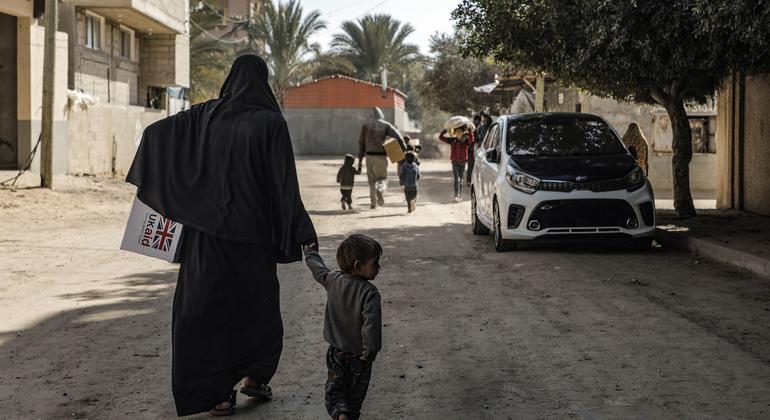Skardu: The residents of Pakistan-occupied Gilgit-Baltistan (PoGB) have expressed dissatisfaction and anger regarding the recent government budget, complaining that the budgetary allocations are inadequate and ineffective, reported Skardu TV.
A local resident of PoGB said in the assembly that these measures are for the people’s benefit but in reality, it does not seem so.
“They say in the assembly that these measures are for the people’s benefit, but in reality, it doesn’t seem so. We face electricity shortages, increased petrol prices, and rising market prices,” the resident said.
Another resident lamented that the budget only seems to benefit government employees.
“There’s nothing for labourers like me who earn Rs. 1500 per day. This amount barely covers our household expenses, and if there’s no work, there’s no income at all,” the resident said.
He added that priority should be given to providing jobs for ordinary citizens, adding, “Inflation needs to be curbed, and shopkeepers must be regulated as prices for the same goods vary widely.”
Further, some individuals argued that the government is favouring the International Monetary Fund (IMF) over its own people, a sentiment they found unjustified.
Pakistan’s inflation is rising amid the conditions imposed by the IMF as part of its financial assistance programme. These conditions mandate Pakistan to decrease government spending, eliminate subsidies, increase taxes, and devalue the currency.
While these actions are intended to stabilize the economy, reduce debt, and foster long-term growth, they have led to immediate consequences such as heightened inflation rates.
Moreover, it was noted that many citizens were unaware of the budget, reflecting deficiencies in education levels in Gilgit-Baltistan, Skardu TV reported.
Many appeared uninformed when questioned about the budget, including students dressed in Western attire.
The educational system in PoGB often falls short of adequate standards due to a scarcity of schools, insufficient resources, and a deficit of qualified teachers.
These shortcomings lead to disparities in educational quality, impacting academic achievements and hindering personal development and socio-economic progress.
The consequences of this lack of awareness and education are profound and serve the interests of those in power. Moreover, it obstructs effective participation in democratic processes, undermines community development efforts, and perpetuates socio-economic inequalities.
This report is auto-generated from a syndicated feed


















![Ep266: [Lean Series] How to Plan a Responsible Fat Loss Phase Ep266: [Lean Series] How to Plan a Responsible Fat Loss Phase](https://carrotsncake.com/wp-content/uploads/2024/06/Carrots-N-Cake-VIP-Nutrition-Coaching-768x1040.jpeg)
.jpg)

Discussion about this post